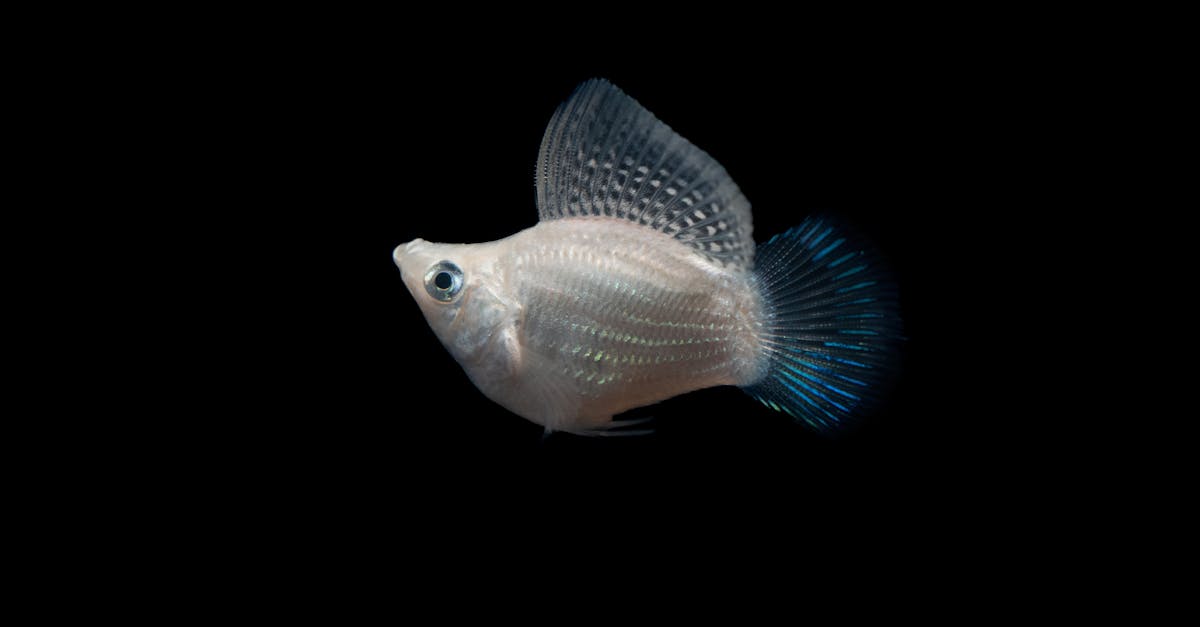As a freshwater fish owner, you want your aquatic pets to thrive in their environment. But when you notice a sore, open wound, or red spot on your fish, it’s natural to worry. These could be signs of ulcers, a common yet concerning issue in freshwater fish. Understanding what causes ulcers and how to treat them can make a big difference in your fish’s health and well-being.
⚠️ What to Watch For
Ulcers in freshwater fish often start small and may not be noticeable right away. Over time, they can worsen, becoming large, open sores that are difficult to ignore. Here are the symptoms to look out for:
- Red or inflamed sores on the body
- Open wounds with exposed tissue
- Loss of scales around the affected area
- Swelling or raised bumps on the skin
- Behavioral changes, such as lethargy or loss of appetite
If you notice these signs, it’s important to act quickly. Untreated ulcers can lead to severe infections and even death in your fish.
🔍 Possible Causes
Ulcers in freshwater fish can be caused by a variety of factors, and identifying the root cause is key to effective treatment. Here are some common culprits:
- Bacterial infections: Pathogens like Aeromonas and Pseudomonas are common bacteria that cause ulcers in fish.
- Stress: Poor water quality, overcrowding, or sudden temperature changes can weaken your fish’s immune system, making them more susceptible to infections.
- Parasites: External parasites, such as flukes, can damage the skin, creating entry points for bacteria.
- Injuries: Scrapes or cuts from sharp tank decorations or aggressive tank mates can lead to ulcers if they become infected.
According to VCA Animal Hospitals, poor water conditions are one of the most significant contributors to stress and disease in fish (source).
✅ What You Can Do at Home
While some cases of ulcers require veterinary care, there are steps you can take at home to help your fish recover and prevent future issues:
- Improve water quality: Test your tank water regularly to ensure proper pH, ammonia, nitrite, and nitrate levels. Perform partial water changes as needed.
- Quarantine affected fish: Move the fish with ulcers to a separate tank to prevent the spread of infection and reduce stress.
- Use antibacterial treatments: Over-the-counter medications, such as aquarium-safe antibiotics, can help treat bacterial infections. Be sure to follow the product instructions carefully.
- Maintain a clean tank: Remove uneaten food, debris, and waste to minimize bacteria and parasites in the water.
- Provide a balanced diet: Feed your fish high-quality food that meets their nutritional needs to support their immune system.
In many cases, these steps can help your fish heal and prevent ulcers from worsening. However, if the condition does not improve, professional veterinary care may be necessary.
💡 When to Call a Vet
While minor ulcers can often be managed at home, some situations require expert intervention. Contact a veterinarian experienced in aquatic animals if:
- The ulcer is growing or not healing despite treatment
- Your fish is showing severe symptoms, such as rapid breathing or inability to swim properly
- Multiple fish in your tank are affected
- You suspect a parasitic infection that requires specialized medication
Fish health can deteriorate quickly, so don’t wait too long to seek help. A vet can perform tests, such as skin scrapes or water analysis, to diagnose the issue and recommend targeted treatments.
FAQs
Q: Can ulcers in fish heal on their own?
A: Mild ulcers may heal with improved water quality and proper care, but severe cases usually require treatment with antibiotics or other medications.
Q: How can I prevent ulcers in my freshwater fish?
A: Preventing ulcers involves maintaining optimal water quality, avoiding overcrowding, and providing a stress-free environment. Regularly check your fish for signs of injury or disease to catch issues early.
Book a $49 online vet consultation at https://www.dialavet.com for fast, expert advice.























